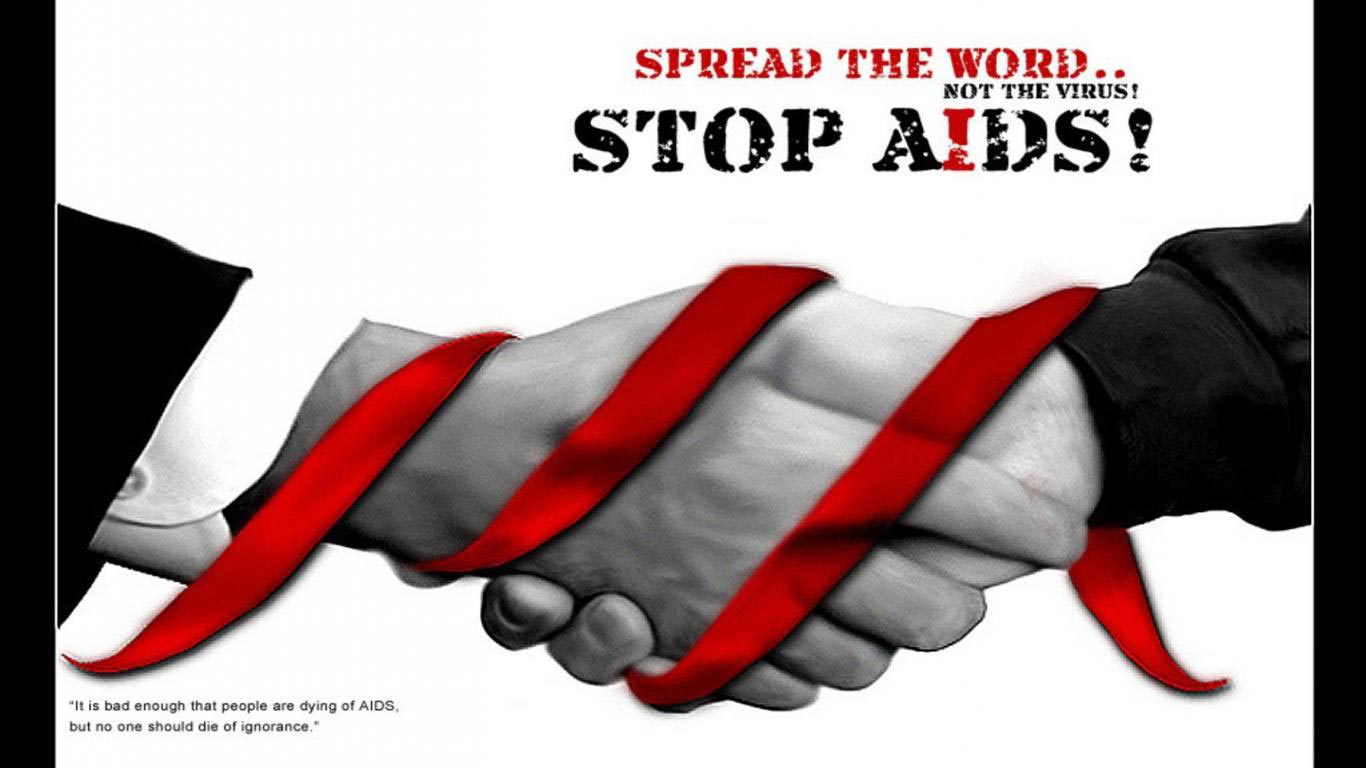A new study on the risks of HIV transmission between partners — where one is HIV negative and the other is HIV positive but has the virus suppressed with anti-retroviral therapy — is providing glimpses of good news.
A team of researchers from institutions including University College London, the University of Copenhagen and the University of Liverpool found that none of the couples in the study — all of whom had one partner with HIV who was on anti-retroviral therapy and thus had a suppressed viral load — experienced HIV transmission from the HIV-positive partner to the HIV-negative partner over a two-year follow-up period.
(However, this is not the same thing as saying that there is 0 percent chance of being infected with HIV if your partner has a suppressed viral load with anti-retroviral therapy.)
While there were some instances of HIV-negative partners being infected with HIV over the follow-up period, the researchers noted that “no phylogenetically linked transmissions occurred, giving a rate of within-couple HIV transmission during eligible couple-years of zero,” they wrote in the study abstract. In other words, those infected were exposed to the virus from someone else.
Read More New Study Analyzes Transmission Risk Among Couples With Differing HIV Statuses
(via The Medical Blog)







